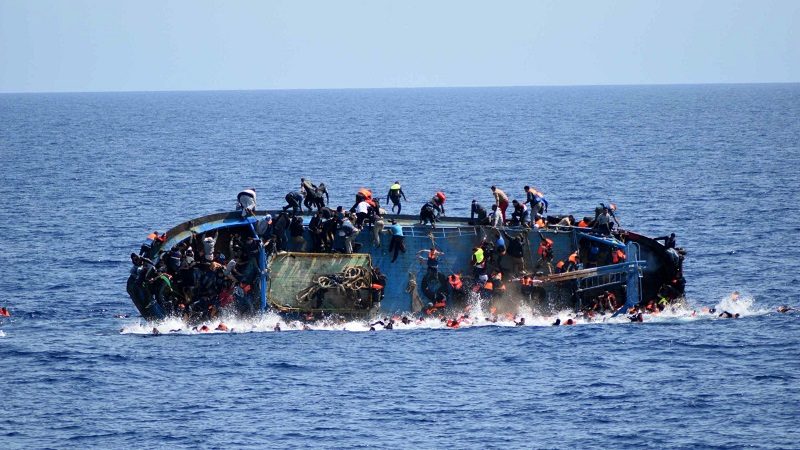In 1995, Umberto Eco gave a lecture outlining Ur-Fascism, the form fascism has taken throughout the ages. Fascism, he argues, is eternal. Malta is not exempt.
The topic of migration arguably brings out the worst in people. It gives a voice to xenophobia and legitimises racism. Migration is the most common concern in Malta, with over 41% fearing an ‘invasion’. Some perspective is needed.
The reality outside our shores is of pregnant women in need of medical attention, clinging onto inflatable dinghies under the weight of the ruthless summer sun across the Mediterranean. But logic never factors into populism.
For instance, Brexit is an immensely complicated legal, political, economic and cultural issue. The arguments in favour were simplified into ‘more money and Brussels doesn’t tell us what to do”. Such arguments betray the uncertainty and complex nuances that could never be effectively communicated to the British public.
No sterile factual analysis could ever compete with shiny emotional appeal. As Eco put it, “Fascism was philosophically out of joint, but emotionally it was firmly fastened to some archetypal foundations.”
Similarly, international law and the migration crisis is not straightforward. As far as everyone is concerned Malta is abiding by its international legal obligations, but fundamental human rights are neglected.
Italy’s Interior Minister Matteo Salvini invited Prime Minister Joseph Muscat to a populist stand-off, and Muscat has now stopped search and rescue operations, which endangers human life.
Migrant NGOs have had their ships impounded and they are being tormented by the courts – it’s Kafkaesque. The European Parliament said NGOs helping migrants should not be punished. But our politicians are fine with this, as long as the polls show that we hate our southern neighbours.
Having the law on our side gives many Maltese people an excuse for being racist. But the law is not a licence to hate black people. These people fail to consider the realities that migrants face that would push them to embark on a deadly journey. Arriving in Europe is not pleasant either, not when pseudo-patriots hurl insults at them.
Read more: Nationalism is the new black
It is not just racism that has penetrated Malta. Eco argues that racism is only a symptom of something worse: “The first appeal of a fascist or prematurely fascist movement is an appeal against the intruders. Thus Ur-Fascism is racist by definition.”
Fascism is not about having Salvini-type leaders, but about a societal attitude in general. Eco argues that a fascist society is characterised by a ‘contempt for the weak’.
Unpacking what this means implies two things. First, a group of people must identify with an elite, usually on the grounds of nationality, and believe that group is the best in the world. Cue the islanders at the centre of the universe, an idea perpetuated by Muscat’s “l-Aqwa fl-Ewropa” slogan.
Secondly, because the weak are so, they deserve a strong ruler to rule by force and fear. Banfield argues that a society of amoral familists prefer to be ruled by “a strong hand”. For evidence of this, look to Muscat’s style of autocratic leadership.
Debate is doused with reminders of a historic electoral mandate. Dodgy millionaires are beloved for bending the rules and becoming rich and powerful, even if this contributes nothing to the community except crime and violence that line their own pockets.
In the midst of Malta’s “economic miracle” and “surplus“, the last thing anyone would expect is for migrants to be feared for stealing jobs and exerting an overwhelming financial burden. The contempt shown towards migrants has no basis in logic; evidence shows they’re ‘good for our pockets’. But fascist societies always need a weaker scapegoat.
So, if Ira Losco’s collaboration with Derulo exposed a racist Malta, the renewed migrant arrivals expose Malta’s fascist core. What is worrying is that there is no effort to actively eradicate it. Our populist leaders have found a way to capitalise on it. For self-interest, they are enabling fascism to flourish.












